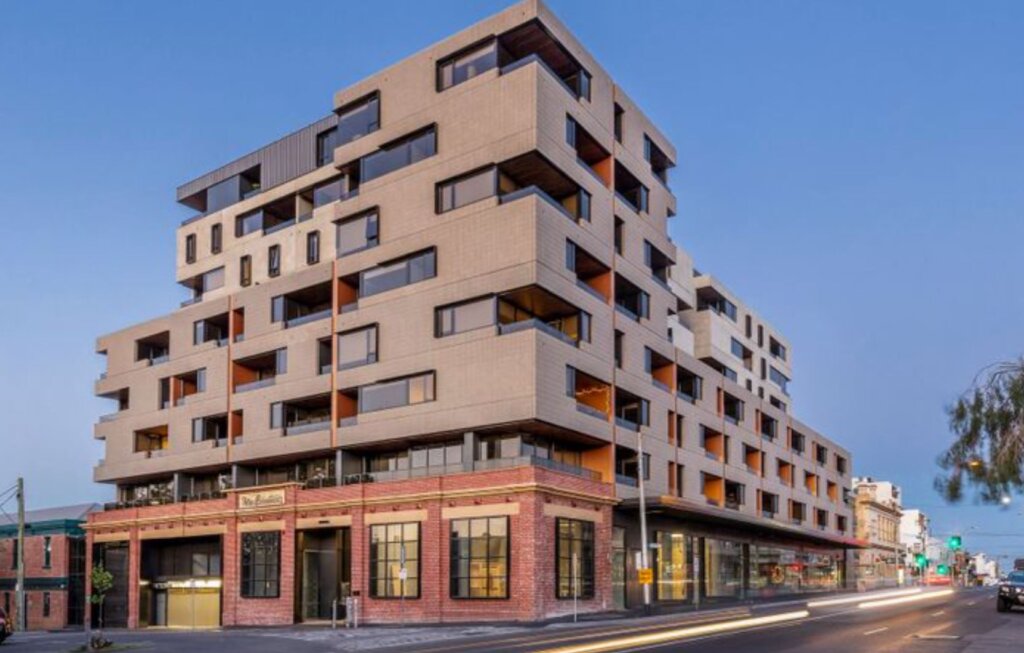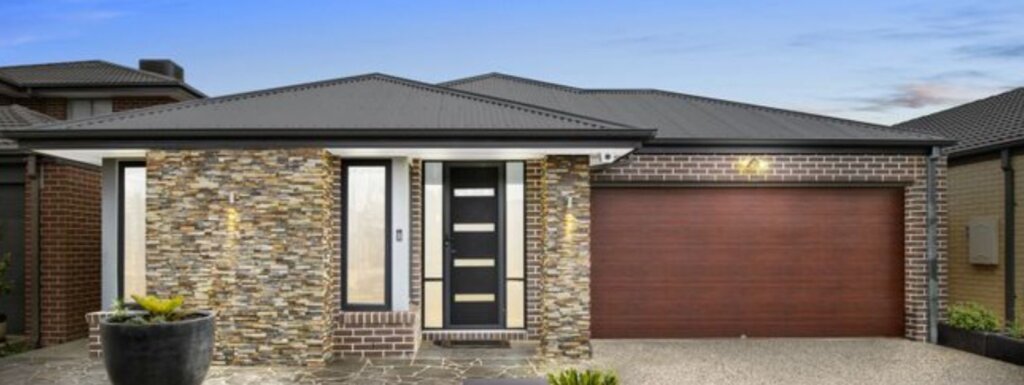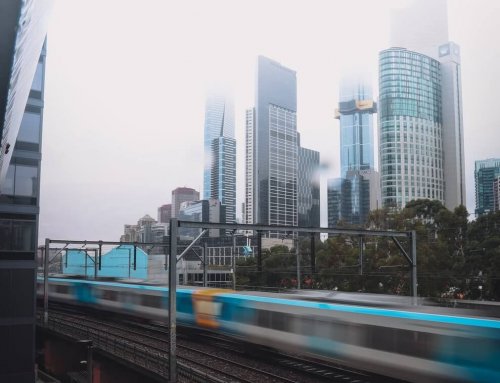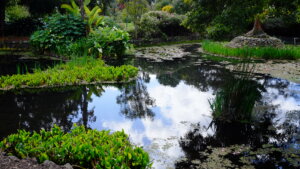Suffice to say, the property market in Australia is very different from the property market in Singapore.
In Singapore, it’s relatively simple. Having a condominium apartment is superior to a HDB flat. Having a landed property is a dream few can afford. A freehold title is better than a 99-year leasehold title. Then there’s proximity to MRT stations as a consideration. Finally, homes located close to the city centre and in districts 9, 10 and 11 are (almost) guaranteed to be blue chip properties.
In Australia, it’s more complex than that. Generally, apartments in the city do not appreciate much in value compared to houses in the suburbs. The reason is not so much location but the following reasons in brief:
- Land appreciates while buildings depreciate.
- Oversupply of apartments in city centres
However, there’s more to property investments in Australia than the above 2 rules to remember.
Location of Land Matters
Wihle land tends to appreciate, be aware that the type and location of land matters.
- Type of land: There are various planning zones in Australia. Land that is most valuable is land that has been zoned for mixed use (retail and residential) while land that is least valuable is land that is zoned for agriculture.
- Location of land: Similar to the situation in Singapore, land that is located near amenities (eg. Toorak, Malvern, Kew, etc.) such as shops and public transport are more valuable than land located far from these. Bayside land is particularly valuable in Melbourne (eg. Brighton, Sandringham, etc.). Generally, the further you go from the city centre, the lower the cost of land (there are exceptions, eg. properties located in Mornington Peninsula and Barwon Heads are pretty pricey.)
Apartments

As is the case in Singapore, buyers are attracted to modern apartments in Melbourne for the following features:
- Price point – Apartments are more affordable than houses in the same location.
- Security – Locked entrances requiring security code or swipe card access, or on-site security/concierge desk provide a sense of security compared to a stand alone house.
- Amenities – Gyms and pools are amenities sought after by buyers of apartments.
- Lower Maintenance – If you don’t like maintaining a garden but love the look of one, then well-maintained lawns and garden beds in your apartment complex may be a drawcard.
However, there are a few downsides to apartments in Melbourne.
- Owners Corporation Levies – Generally, owners corporation levies are higher than in Singapore, and can create an unnecessary dent in your monthly budget especially if the gym and pool lose their allure and hence, you don’t use them regularly anymore.
- Limited or no parking spots – Some apartment complexes only allocate 1 parking spot on title with little to no visitor parking available. Some apartments may not even come with parking spots.
- Privacy and noise – Just like in Singapore, high density living means less privacy and more noise. However, the sound proofing standards in Australia are generally lower than in Singapore, depending on build quality. Interior walls tend to be dry walls instead of concrete.
- Less space – Needless to say, apartments tend to be smaller than houses in suburban areas (eg. 20 km away from the city) for the same price.
- Cladding issues – This is a recent occurence where some buildings have been built with cladding materials that are combustible. Such cladding may cost apartment owners a lot to replace.
Houses

If you don’t mind the challenge of maintaining a garden, roof gutters and so on, then a suburban house may be for you. A good number of Singaporeans choose to do so, simply because landed property is out of reach back home. So buying house and land tends to be what most Singapore migrants choose to do. Along with that, they enjoy the journey of learning to DIY a good number of maintenance and gardening chores with regular visits to Bunnings and Mitre10.
Obviously, the advantages of a house are the very opposites of the disadvantages of apartments, ie. no owners corporation levies, sufficient parking on the street, driveways or in garages, less noise (other than backyard noise and noise from the street) and more space.
Grilles and security screens are not as popular in Australia compared to Singapore. As a result, the design options are limited and in some cases, dated (eg. diamond grilles). However, there are other security options which you can consider, eg. alarm system, CCTV system, big dogs, triple locking systems for your doors, and so on.
In summary, if you can afford well-located houses or townhouses in blue chip suburbs, go for it as they are most likely to provide better capital gains compared to apartments located in the city centre. There are exceptions to this rule, but we’ll save that for another blog post.
Disclaimer: This basic article on property investment was written by ‘Life in Melbourne’ in consultation with a registered tax agent. We suggest that you seek the advice & services of a property advocate (or buyers agent) and a tax agent instead of relying solely on any material you may find online, including this article.






